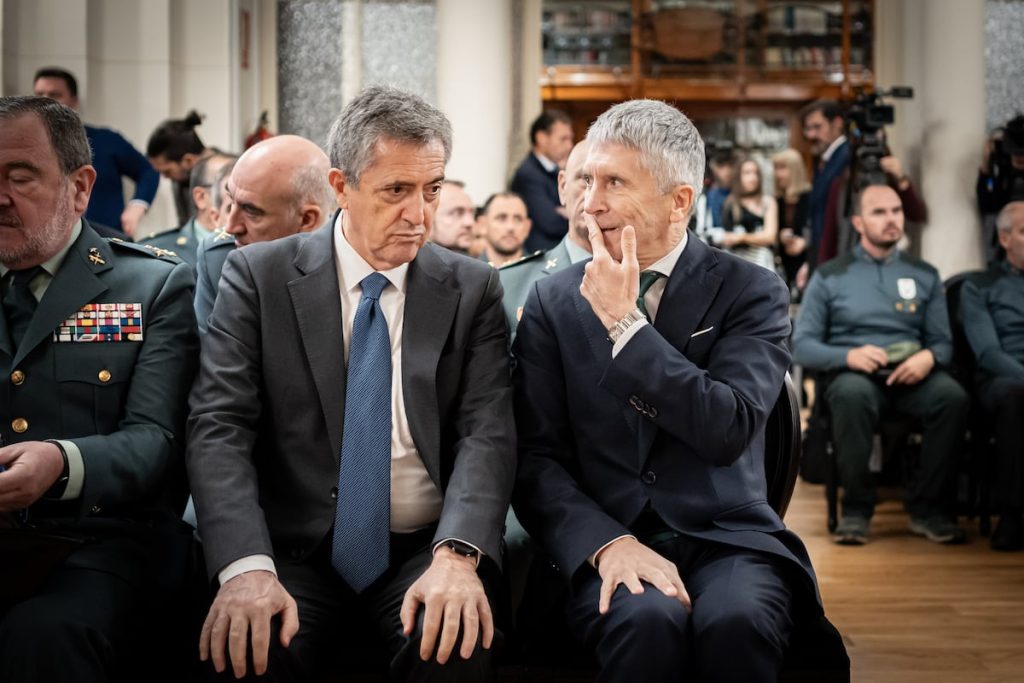The Director General of the Civil Guard, Leonardo Marcos, faced a legal setback when the legal advice of the institution decided to archive a disciplinary procedure that Marcos had ordered against two agents for posting a statement on the website of the Pro Guardia Civil Association (Aprogc). The statement criticized the negotiations between the PSOE and Junts parties for amnesty and the subsequent agreement to appoint Pedro Sánchez as president, accusing the politicians of emptying the constitutional mission of the security forces by allowing the “impunity” of the Catalan independence leaders. The agents, who were suspended from their duties for three months, were not found to be the authors of the statement, which was actually written by a lawyer advising the association and posted by an administrative assistant without consulting them.
The decision to archive the disciplinary procedure caused dissatisfaction to the head of the Civil Guard, who criticized the tone of the statement as being “exaggerated and politically biased” and accused the two agents of avoiding responsibility by attributing the authorship to an external law firm. The initiation of the procedure came shortly after Aprogc published the statement on their website, leading the Director General to believe that it violated the political neutrality required of members of the security forces during their professional activities. The Ministry of Interior had previously tolerated such public statements, but had recently started taking a stricter stance, as seen with the case of another association leader who was disciplined for criticizing Pedro Sánchez on social media and during a public event.
Interior sources explained that the change in attitude towards these public pronouncements was motivated by the belief that the agents’ representatives were overstepping their boundaries and trying to act as “political actors” instead of solely defending the labor rights of their members. The statement from Aprogc was part of a broader wave of opposition from police unions and professional associations against the amnesty law that had been proposed by various political parties and professional groups. The majority of organizations representing agents from both the Civil Guard and the National Police joined the campaign against the amnesty law.
Overall, the legal battle faced by the Director General of the Civil Guard highlighted the tension between political expression and professional duties within the security forces. The incident also shed light on the power dynamics within the institution and the relationship between its leadership and the rank-and-file members represented by various associations. The conflicting interpretations of political neutrality and freedom of expression further complicated the situation, as authorities struggled to navigate the fine line between upholding discipline and respecting the rights of the agents. The outcome of this case may have broader implications for the role of security forces in political discourse and the boundaries of their engagement in public debates.


